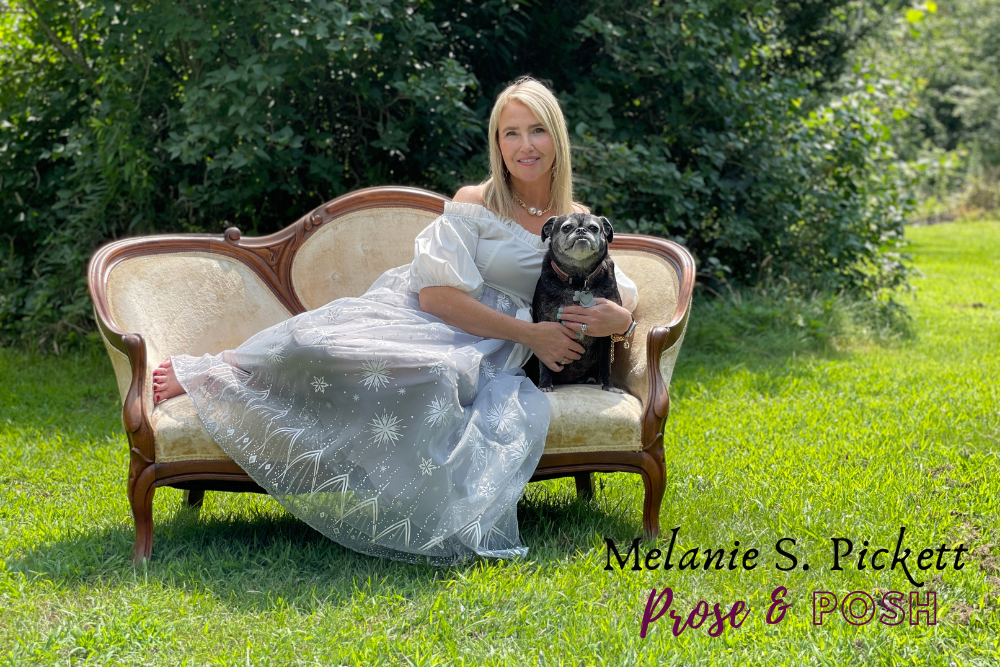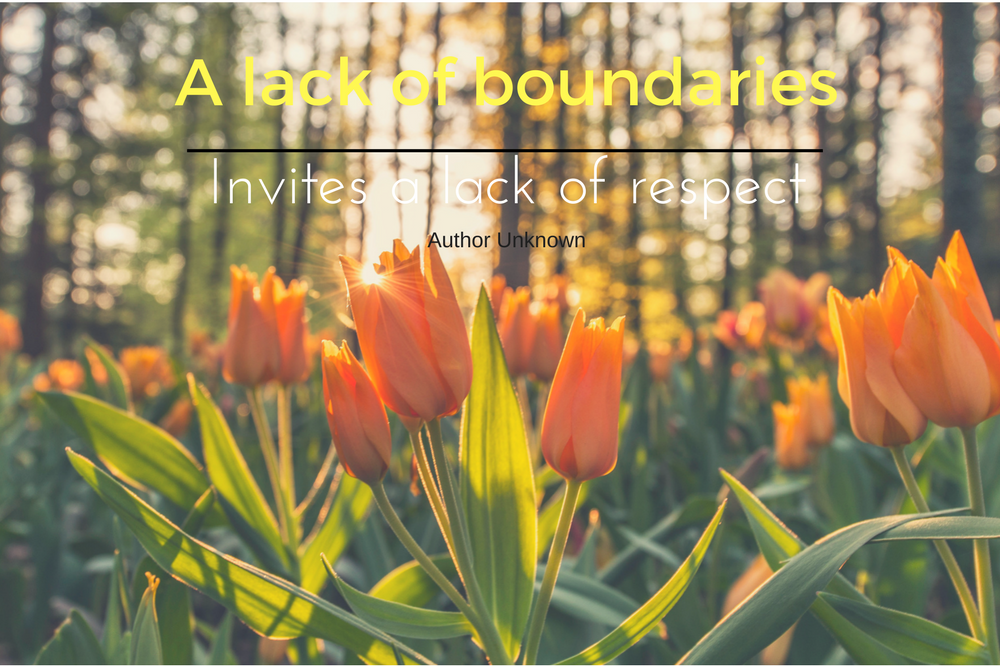What do you think of when when you hear the word “boundaries” in regards to “relationships”?
Do you think of walls going up to keep people out? Or that keep you in?
Do you wonder what “relationship boundaries” even means?
Boundaries in a relationship was once a foreign concept to me too. When I was in the midst of my abusive marriage, a pastor-friend recommended a book about boundaries to me and it was a surprise that such an idea even existed. Since that marriage, I’ve learned (the hard way) that boundaries have to be set in every type of relationship in life: work, marriage, parents and children, siblings, and friends. There must be clear lines for every person you have a relationship with in your life. What this doesn’t mean is that you’re putting up walls and being unforgiving. Absolutely not and quite the opposite, in fact. God calls us to forgive. He calls us to act in love. But He doesn’t call us to be doormats and to allow and enable disrespect and abuse in our lives. After all, God tells us to treat our bodies as if they’re temples; we need to take care of them. Is there anything more special and unique about our bodies than our hearts and feelings?
It’s not okay for someone to take advantage of your relationship, your kindness, your time or your personality. Certainly you can overlook a friend who’s late sometimes but to the friend who sets up lunch dates with you and is chronically grossly late or doesn’t show up at all without good reason, you need to speak up. Your time is no less valuable than theirs. A gentle “I’ve noticed you’ve had trouble keeping our lunch dates. Why don’t we wait to make a date until you’re less busy?” It’s spoken in love, isn’t accusatory, gives grace, but lets the person know your time has meaning as well and that their behavior has become an issue.
For the friend or family member who isn’t interested in your life and has little to no contact with you unless it’s an obvious benefit to them, that behavior is hurtful. It’s perfectly acceptable and nonconfrontational to address this. It’s likely very painful for you and no matter what the relationship is, whether a sibling, parent, or friend, you are within your rights to have a conversation about this. Simply put: “I feel as though you don’t have interest in my life and don’t contact me unless there’s something I can do for you. What can we do to improve our relationship so this doesn’t happen?” Again, it’s reaching out in love while letting the person know things aren’t okay for you.
Less subtle approaches are definitely appropriate for egregious behavior: lying, disrespect directly towards you or about you, neglect, and of course, any type of abuse or threat. These require an immediate response: “You lied to me. That’s not acceptable.” Or “You’re being very disrespectful by (insert infraction here: yelling, swearing at me, being aggressive, etc.). This isn’t how family (or friendship) works and I can’t be around you if you find this behavior appropriate.”
It is absolutely healthy for you to defend your own honor. The saying “You teach people how to treat you” is spot on. If you accept mistreatment, some people will mistreat you. If you allow others to use your good nature and kindness, they will–again and again. It fosters an attitude of “I can be late again. Melanie won’t mind.” What makes them think “Melanie won’t mind”? Because Melanie never says anything about it.
Boundaries exist to form healthy relationships. When you set them, you model good behavior for others. By teaching them how to treat you, you’re also teaching them how to treat themselves and others.
It is a loving thing both to yourself and to the other person to set these boundaries. If someone is mistreating you, abusing you or the relationship, or taking advantage of you or the relationship, and you simply tolerate it and do and say nothing, that’s not love. You’re enabling that person’s ill behavior. By enabling it, you’re reinforcing to them that this is the correct way to treat others and it’s not. Boundaries aren’t only for self-protection. They’re a tool that says “I care enough about you and myself to show you the right way.”
I found this interesting article I wanted to share that speaks to this subject of Christian boundaries and I’d love for you to read it and tell me what you think. I found it both informative and inspiring.
What boundaries are you setting in your life? Is there a relationship in your life you need to set firm boundaries in but you’re struggling to know just how? Are there ways I can encourage you, pray for you, and share what I’ve learned?
Be encouraged for you are worthy!












